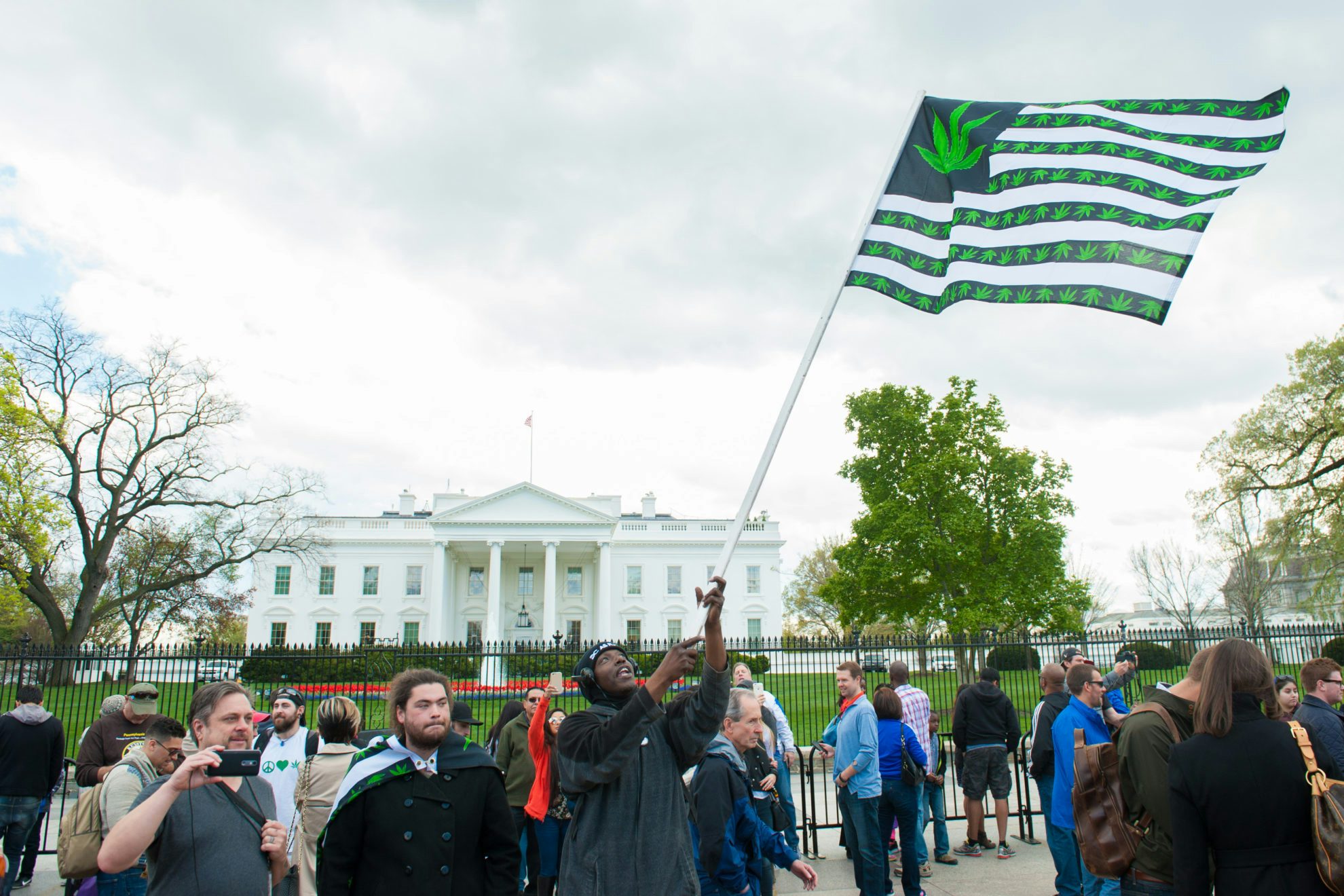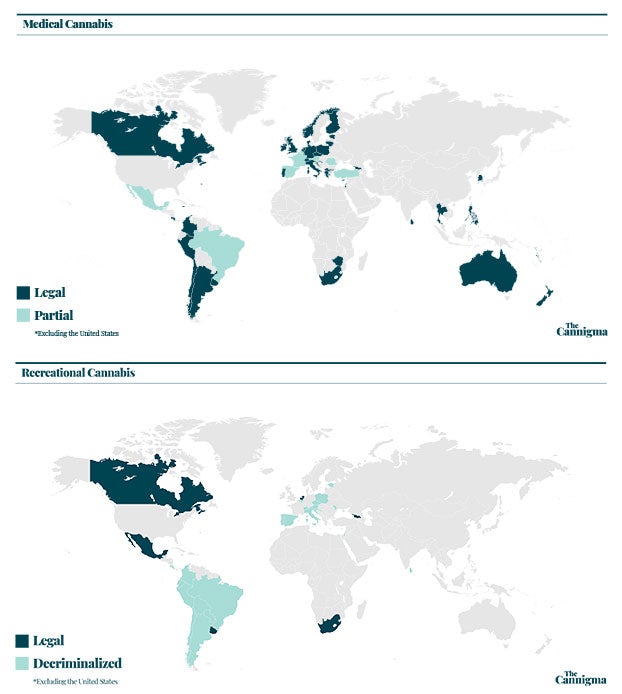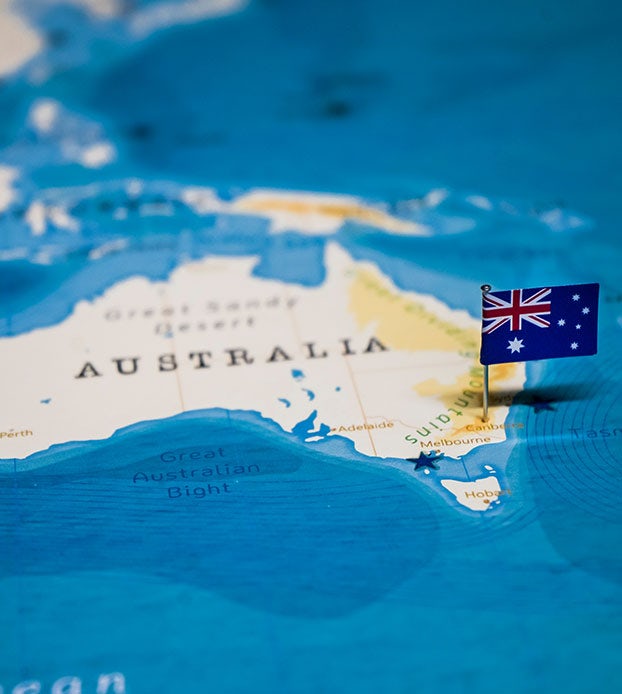Medical: legal
Recreational: illegal
History of weed in Turkey
With its bustling largest city of Istanbul at the crossroads between Europe and Asia, Turkey has a long history of travel and trade. Cannabis cultivation in Turkey dates back centuries, used in the shipping industry to manufacture ropes, sails, and other materials.
Cannabis flowers and hashish were used for medicinal and recreational purposes, and people smoked freely in coffee houses. In Turkey, the Sufi form of Islam used cannabis in religious practice, which spread its use further.
As increased use of synthetic materials replaced hemp fibers, the growing of cannabis further declined.
The use of cannabis in Turkey abruptly shifted in 1890 when Turkish law prohibited all forms of cannabis. In 1925, Turkey and Egypt asked that cannabis be considered a drug according to the 1925 UN International Convention of Narcotics Control in Geneva. Strict laws prohibiting narcotics that were introduced in Turkey in the 1970s define current norms on hemp and cannabis production.
Cultivation in the Turkish nation
In 2019, Turkish President Erdogan called for a renewal of industrial hemp cultivation, citing its many benefits. Nineteen of Turkey’s 81 provinces currently allow marijuana to be cultivated for medicinal and scientific purposes through the Ministry of Food, Agriculture, and Livestock. Permission can also be obtained to allow for cultivation in other provinces.
The guidelines regarding marijuana turkey cultivation are quite strict. Those wishing to grow cannabis plants may receive a grow license for three years at a time and must obtain a warrant that proves they have never been involved in the production of illegal narcotics.
Authorized growers must destroy the side shoots, leaves, and flowers of the hemp to prevent any cannabis production. They can only use the fibers, seeds, and stems.
Selim Aytaç, the director of Ondokuz Mayis University’s leading cannabis research center, says that researchers on his team have been improving and breeding seeds since 2013 to cultivate a product with fine fibers for industrial use and decrease the amount of drug material, with great success. The center hopes the hemp will be used for medicines, food, rope, textiles, and more.
Attitudes towards marijuana in Turkey
The use of weed in Turkey is considered taboo. Cannabis has a bad reputation among the Turkish public. Just 1.8% of the Turkish population aged 15 to 34 reported using cannabis in 2017.
Low-income areas have higher cannabis usage rates, and there is an active black market supply of marijuana in the country. Istanbul and the Turkish city of Adana rank second and third in global cannabis consumption in a survey of select world cities.
Turkish cannabis advocate Abdurrahman Dilipak is trying to change public opinion about cannabis, calling the plant a blessing of Allah with a thousand benefits. Dilipak says that marijuana is prevalent yet nobody is willing to talk about it, and that legalizing cannabis could help regulate the existing illegal industry and take production out of the hands of organized crime.
Medical marijuana in Turkey
Turkey is a conservative Muslim nation, and as such, it is cautious about legalizing cannabis, even for medical use. In 2016, Turkish laws allowed sublingual cannabinoid medications containing CBD such as Sativex to be used with a doctor’s prescription. All forms of cannabis containing THC are prohibited, and the smoking of whole-plant cannabis remains highly illegal.
There are no specific qualifying conditions other than that patients have exhausted traditional medicational options. Many patients who are eligible for cannabis treatments avoid getting a prescription due to the harsh treatment of Turkey towards cannabis users.
Turkey marijuana laws
As with other illegal drugs, you can be incarcerated for 1-2 years for the possession of cannabis for personal use in Turkey. You can opt to receive treatment or probation for up to three years. The sale and supply of marijuana carries a prison term of 5-10 years, and production or trafficking carries a minimum of 10 years.
Offenders who work in jobs regulated by Turkish law, such as doctors and pharmacists, may receive punishments up to 50% harsher if involved in drug trafficking. Offenders in organized crime groups receive double the penalty.
Some sources indicate that tourists visiting Turkey who are caught smoking marijuana may face more lenient punishment than locals or that bribing police may be possible. Of course, this is not verified as fact. Visitors and locals should beware as areas where pot is sold tend to be dangerous to visit and sellers dishonest. There is also the real threat of imprisonment or a fine to contend with.
In popular culture, the 1978 film Midnight Express portrays the story of an American caught smuggling hashish who is harshly jailed in Turkey.
The future of weed in Turkey
Turkey is a traditional Muslim country that sees itself as the gatekeeper of the passageway between Europe and Asia, making the legalization of recreational marijuana use very unlikely anytime soon.
President Erdogan’s initiative towards reviving hemp production and leniencies for medicinal CBD offer a glimmer of hope towards shifting attitudes regarding marijuana in Turkey.
Sign up for bi-weekly updates, packed full of cannabis education, recipes, and tips. Your inbox will love it.

 Shop
Shop Support
Support
















